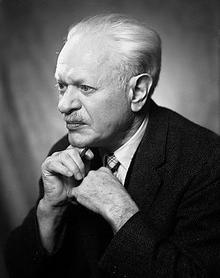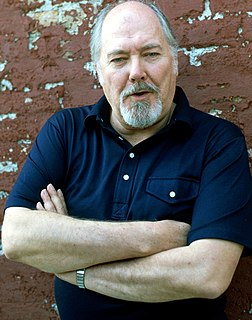A Quote by Philip K. Dick
The basic tool for the manipulation of reality is the manipulation of words. If you can control the meaning of words, you can control the people who must use the words.
Quote Topics
Related Quotes
We cannot control the way people interpret our ideas or thoughts, but we can control the words and tones we choose to convey them. Peace is built on understanding, and wars are built on misunderstandings. Never underestimate the power of a single word, and never recklessly throw around words. One wrong word, or misinterpreted word, can change the meaning of an entire sentence - and even start a war. And one right word, or one kind word, can grant you the heavens and open doors.
There are some people that aren't into all the words. There are some people who would have you not use certain words. Yeah, there are 400,000 words in the English language, and there are seven of them that you can't say on television. What a ratio that is. 399,993 to seven. They must really be bad. They'd have to be outrageous, to be separated from a group that large. All of you over here, you seven. Bad words. That's what they told us they were, remember? 'That's a bad word.' You know bad words. Bad thoughts. Bad intentions.
A definition is nothing else but an explication of the meaning of a word, by words whose meaning is already known. Hence it is evident that every word cannot be defined; for the definition must consist of words; and there could be no definition, if there were not words previously understood without definition.
Words are delicate instruments: How to use them so that, after having read the poem, the taste remaining is not of the words themselves, but of a thought, a situation, a parallel reality? If not used appropriately, words in poetry are like the ugly remains of food after eating. What I mean is that readers will reject words if they don't serve to shift attention from themselves to somewhere else.
Other people’s words are so important. And then without warning they stop being important, along with all those words of yours that their words prompted you to write. Much of the excitement of a new novel lies in the repudiation of the one written before. Other people’s words are the bridge you use to cross from where you were to wherever you’re going.






































